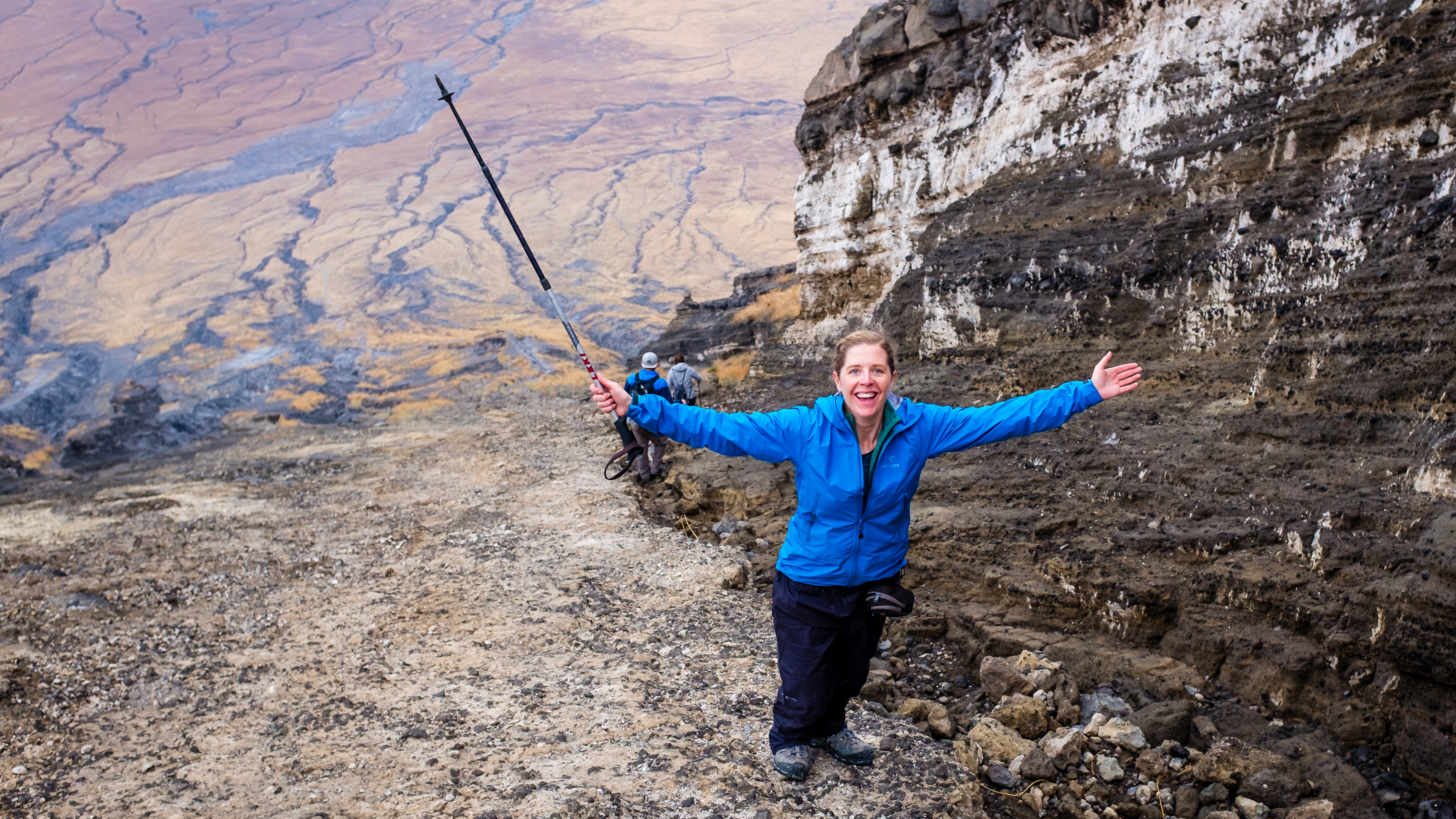Rankin interview: “If I want to do something, I don’t see any mountain too high”
The legendary British photographer on fame, social media and his relentless curiosity for image-making
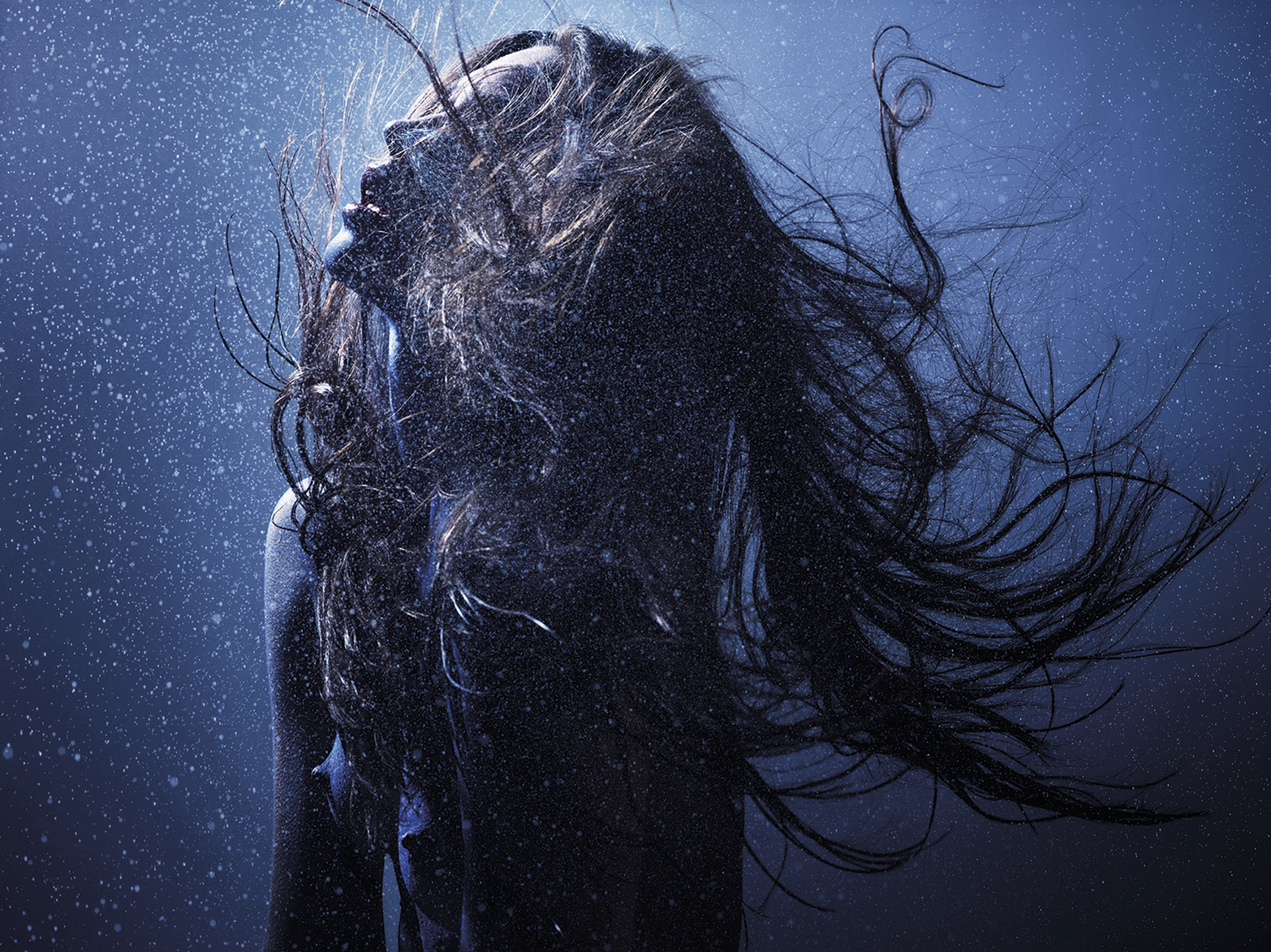
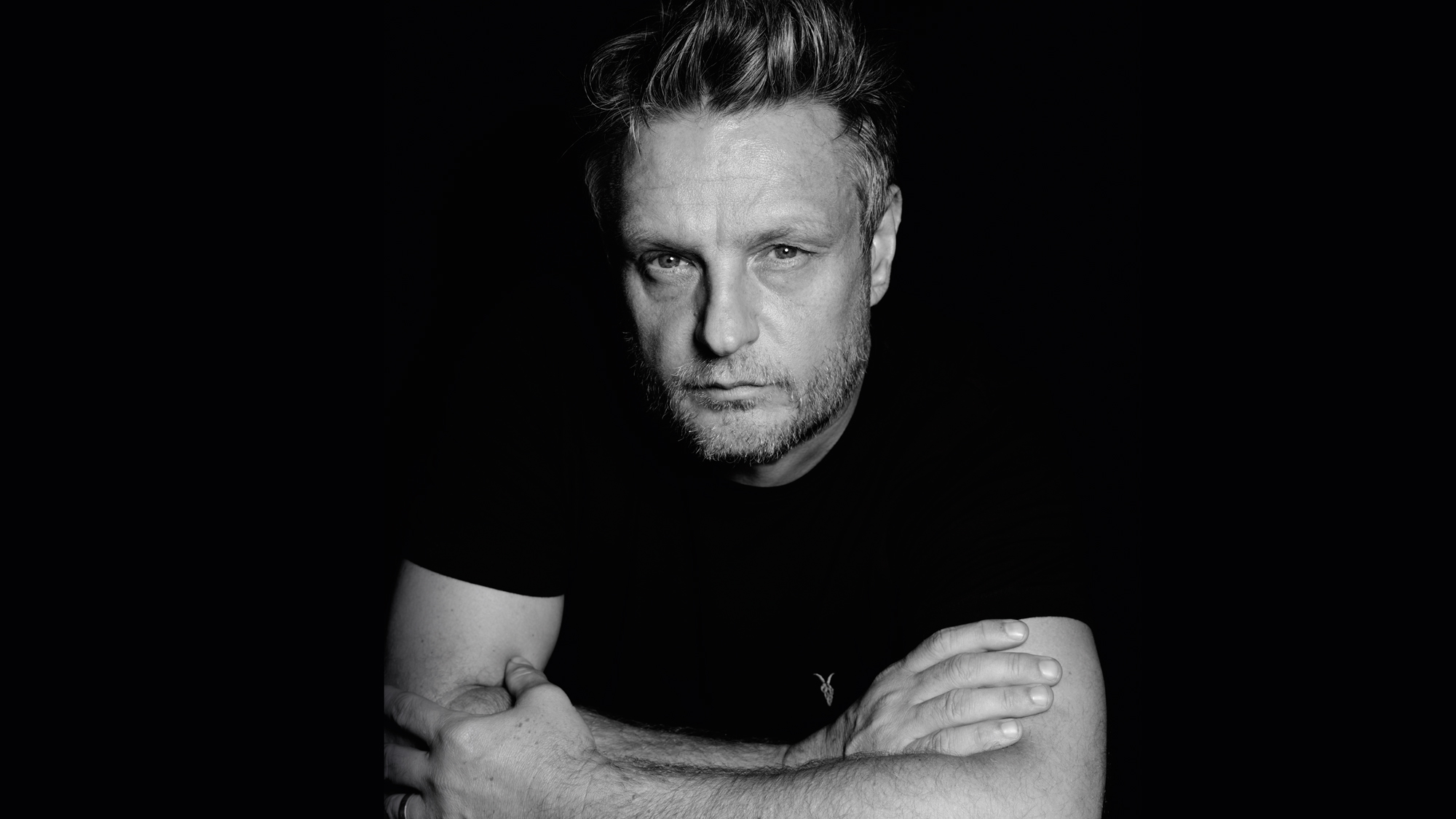
John Rankin Waddell, known professionally as Rankin, is a British photographer and director. He is known for his photography of famous faces and models including Kate Moss, Madonna and the Queen. Rankin has also shot philanthropic campaigns for the NHS, Women’s Aid and Surfrider Foundation. He has over 60 book publications to his name and oversees a huge creative team with his brand and studio Rankin Creative, whose motto is “We want to Change the World.”
Rankin co-founded Dazed + Confused magazine in 1991, and in 2011 founded Hunger, the website and biannual fashion, culture and lifestyle magazine. This year, he hosted the Great British Photography Challenge tv show on BBC4.
He is one of the established stars returning to Birmingham’s NEC from 18 to 21 September 2021, for the first in-person Photography Show since March 2019.
To find out more, visit:
www.rankin.co.uk
How has the last year been for you?
It’s interesting that you ask me. I thought I was doing all right actually, but I think that there’s so much lost over these virtual mediums. Part of it felt like, “Oh yeah, it’s really great, because we can still keep working,” and we’ve definitely done a lot better than some businesses that have really struggled, because of restrictions.
We’ve been allowed to work all the way through, pretty much from June last year so, that’s been great, but I just think that what we gained in ease and the ability to just have these types of conversations, the loss is the personal one-on-one stuff. People don’t really, or haven’t till maybe the last few months, realised how important it is. Being a photographer, so much stuff is in the room, so much of it is what the vibe, what the energy, is. Now, in terms of my social life, I’m quite a solo person anyway. But if it had happened to me in my 20s, I would have been devastated.
The world has changed, though, and there are so many good things that have come out of it, too, for the environment, and the whole process of why we’re doing things. Personally I’ve done some of my best work. And I’ve started to take photos on my own again, which I haven’t done for years.
That was one of my questions. What ratio of commercial work to personal work do you shoot?
I’ve always done personal projects. I’ve always believed, right from the beginning of college, that I just have to. I’m a photographer because I want to express my view of the world. I started a magazine at college and that’s a personal project in itself, and although it makes money, or even if it breaks even, it’s still a personal project.
But this year, what I’ve also done is my own solo stuff, with nobody in the room apart from me. I’ve wanted to shoot flowers for ages and I’ve been so excited and inspired by the work of Robert Mapplethorpe and Irving Penn.
Get the Digital Camera World Newsletter
The best camera deals, reviews, product advice, and unmissable photography news, direct to your inbox!
I couldn’t find my way in and didn’t spend enough time on it before, whereas this extra time made me do it. I was desperate to do something at the beginning of the pandemic. I was itching to take pictures and because flowers have been there all the time I just went, right I’m going to do that. And I found my groove in it within a week and a half.
In a year I’ve done 67 shoot days taking photos of flowers. Some of those are whole days in my home studio, others are just 30 minutes, but I’ve really enjoyed every minute of doing it. I was having intimate discussions with flowers, which sounds a bit crazy, but it did keep me sane.
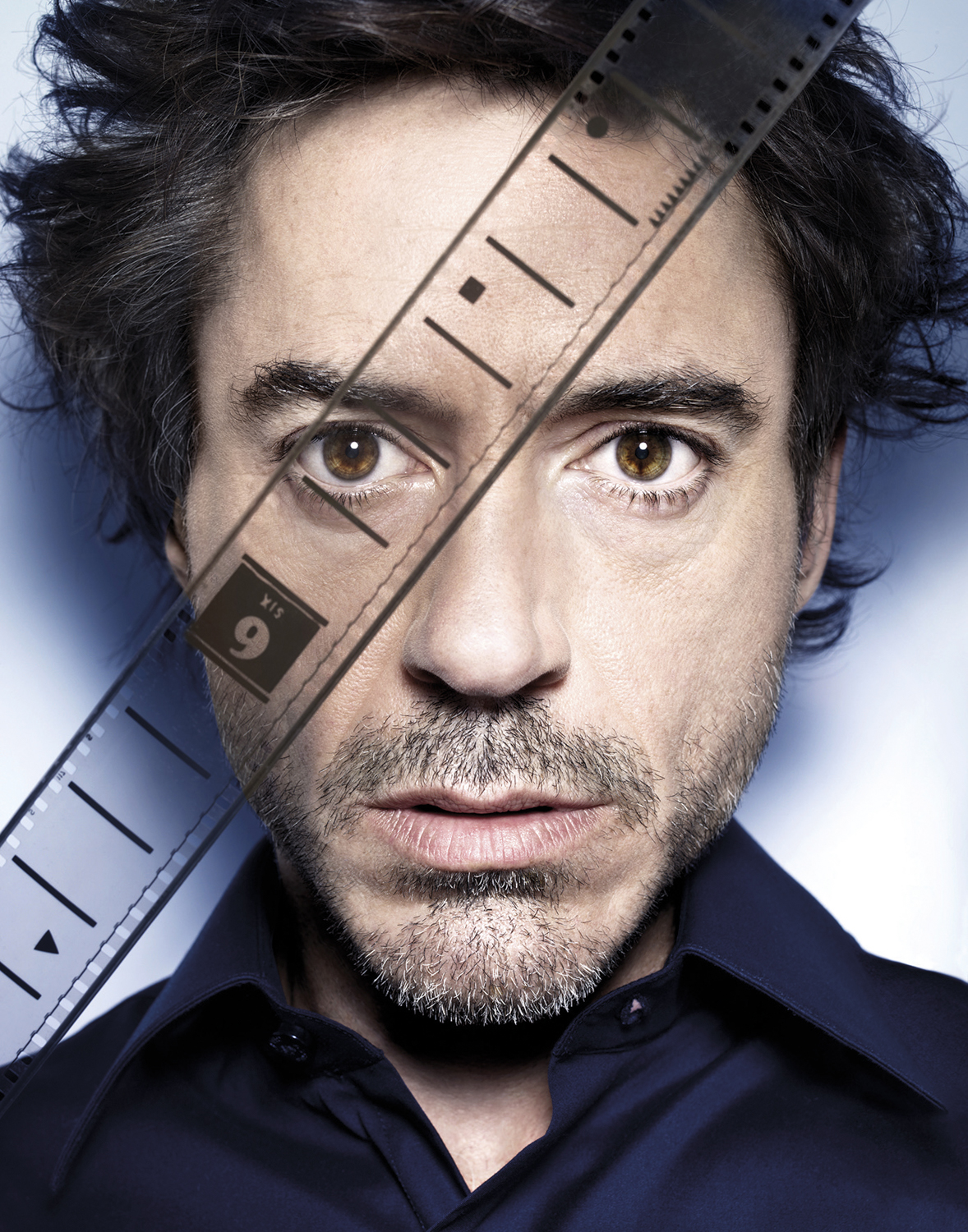
What else have you been allowed to work on during the pandemic?
I got to a point probably in late April last year where I was phoning up people and going, “Can I go around and take some portraits, please? Can I just go out and take some portraits?” And luckily, because I’m a little bit well known, I was allowed to do that for the NHS. I’m a big believer in doing freebies. A lot of photographers get a bit angry about it and they feel used, but I always think about flowers, about it as planting seeds from the things that grow and if you do them, they always come back to roost, those freebies, so I do them willingly.
I’m in a very unique position to be able to do that though. I work my ass off over here on commercial jobs, and then work really hard to do my personal projects. I’m naturally inquisitive, so I want to show people how I see things. I’m very aware of my surroundings all the time, whether it’s people or environmental space or the weather.
Where do you get your ideas from?
I get a lot of ideas from reading books and they’re never about photography, they’re always about politics, thrillers. And things just come to me from that. Epiphanies; I like an epiphany. Photography for me is very optimistic, and I usually read an incredible amount. In fact, that’s one of the things I’ve found hard in the pandemic, reading, because I haven’t been able to concentrate.
I used to just work, but what I’ve found is that if I want to have ideas I need to not work, as well. For example, I’ll walk my dog and I’ll listen to an audiobook or I’ll listen to a podcast, and most people think of that as relaxation, but for me that’s my inspiration.
You’ve been shooting for over three decades. What helped you to stand out at the beginning of your career?
My mum said to me when I was very young, “If you choose a job you love, you’ll never work a day in your life,” so when I found photography I grabbed it with both hands and I held onto it. I’m just one of these people, where if I love something I get obsessive about it. And I think that obsession meant that I learned everything very, very quickly.
The second thing was, I didn’t have anybody telling me what was right and wrong, so I was like a blank notebook. By the time I got to college, I kind of knew what I wanted to do and how I wanted to be, what I wanted to do as a photographer or how I wanted to take photos. If you look at my work from back then, I was dealing with body politics, photographing older people nude, I was doing stuff that other people weren’.t.. I still do those taboo subjects. But back then, nobody else was doing it. I was really interested in the art of photography, as well as commercial work, and what I did was bridge that gap. I went, “What I find interesting is these taboos and why they’re taboos. Why does everybody have to smile on the magazine cover? Why? Who invented this rule?”
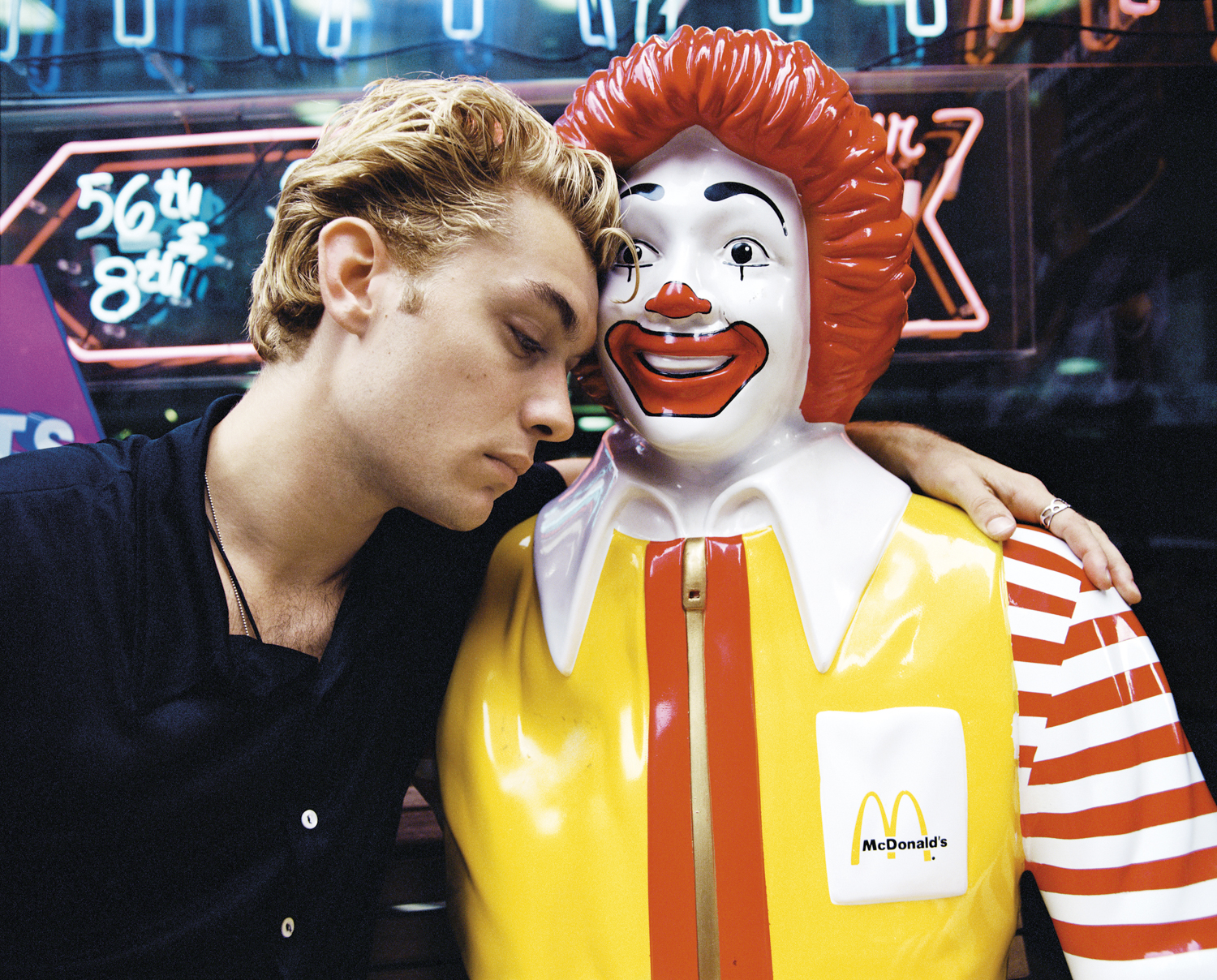
Are you a natural contrarian?
My mum and dad said to me that my favorite word when I was growing up was why. And my big thing is, why not? So if someone tells me no, I go, “What do you mean, no?” I don’t understand the word. I approach everything in this really quite obtuse way, and some people probably do hate it.
And that’s why I stood out, because those combinations meant I was quite confident in my image making and confrontational in it. And don’t forget the naivety of youth. I always remember I heard the Beatles saying they never thought it would last, and that’s the thing, I never thought my career would last. I was hanging onto this rock here, just for dear life going, “This is what I want to do with my life if it lasts,” and 33 years later I’m still here, so I feel very privileged.
I’m very nosy and inquisitive naturally, so those things all together create a very collaborative commercial photographer, because I can listen to people and get their opinion and be quite nosy with my audience. If I could go back and tell my younger self anything it would be, “Listen, don’t be such a dick. You don’t need to be a dick.”
So if you could go back, would you do anything differently?
Yeah, because the photographs wouldn’t have changed. It’s more the relationships with people. My collaborators, that would’ve been a bit more smooth. But it’s funny, because even now I can’t help, I cannot stand, I can’t suffer stupidity. I cannot handle it. When people are not thinking smart I can’t not say, “That’s not smart.”
I’ve got this really weird moral compass about how you should behave and my problem is that if people don’t behave and they’re not looking out for people or doing their job properly, I can’t help but call it out. So I’m trying to learn how to get the best out of people, but without being rude. My view is sometimes a bit too black and white.
You talked at the beginning about how limiting virtual connections are, so are you excited to appear at The Photography Show in September this year?
I think shows like this are really important. I think we need it. We need an in-person, real life connection. We’re desperate for it. And photography’s been such a lifesaver for everybody, because it helps you process the world and it helps you see the world, so we’ve all been using it as a crutch and I think we all want to talk about it now. And the thing that a lot of people don’t realise about me is I love all photography. Anybody that takes a photograph I’ve got time for.
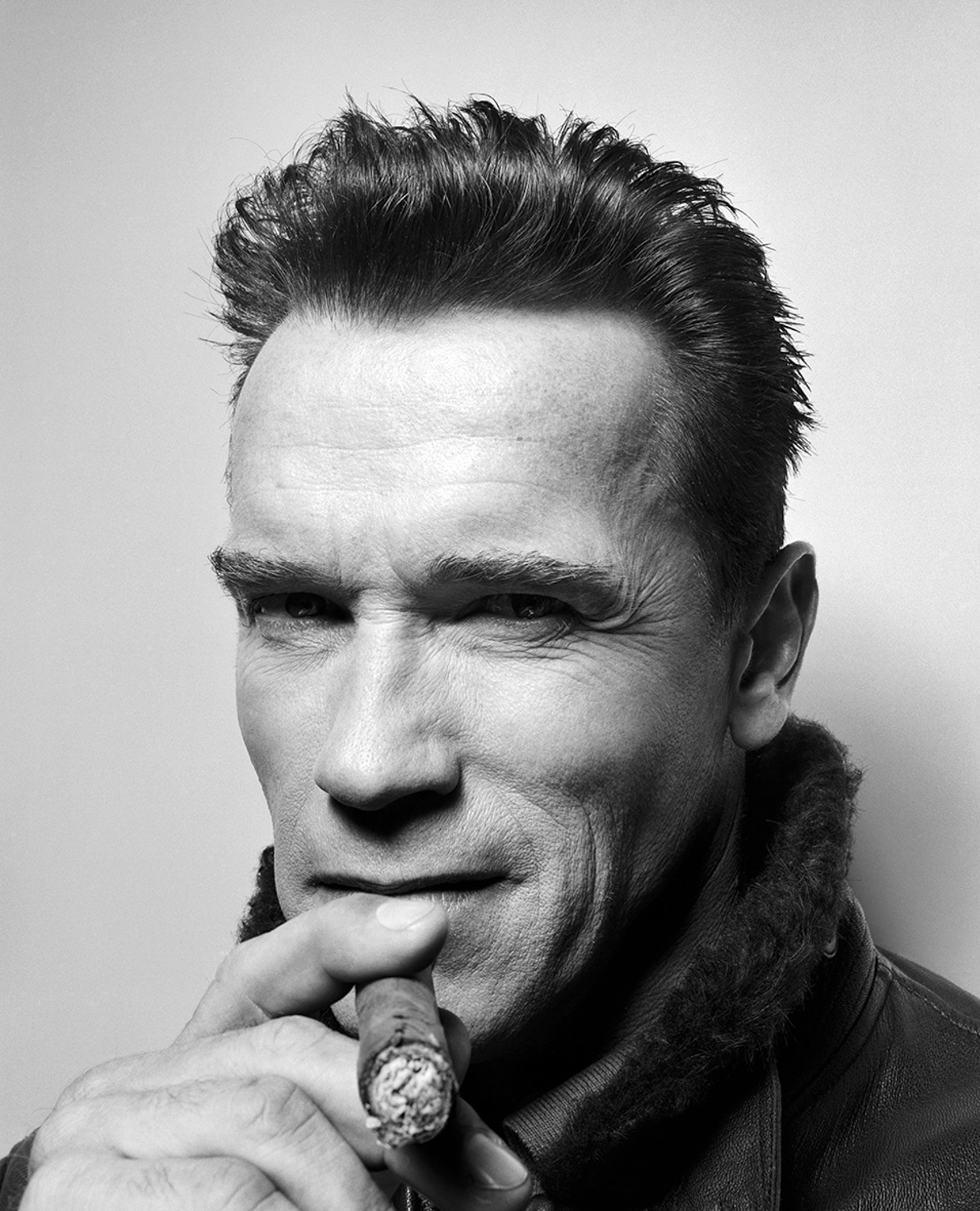
And now that everyone does or can take photos...?
One of the best things that ever happened to me was stopping being jealous of other photographers and stopping comparing myself to other people, because the minute I did that, I just started to enjoy it.
Speaking of other pro photographers, who really inspires you?
There are photographers out there that I look at and I’m just like, “Wow, I wish I was as talented as you.” Sir Don McCullin is one.
What are your strongest personality traits and how have these affected your work?
I can get really relentless about something. If I’m unhappy, it’s really boring to listen to, and I’m sure that everybody in my team will tell you it’s the biggest thing that’s a problem for me. But it’s also positive, because if I want to do something, I don’t see any mountain too high. I’m like, “We’re going there, and that’s what we’re doing.” And it’s like, “If you want to come with me, cool. That’s where we’re going.”
I’m very keen to feel comfortable and safe, especially these days, but I’m a big risk taker, so I do put all my money essentially back into my work. People ask, “Why do you do so well?” And I say, “Because I keep delivering.” I’m like the post man. If I don’t keep delivering, I don’t have a job. And that’s the thing. If you come to me with a commission, I’ll deliver. And I can pretty much deliver on most genres, or if I can’t, I know a man or a woman that can.
What can we expect from your talk at The Photography Show?
It’ll cover me being a director, and how that changes and shifts what I do as a photographer, as well as how I take on commercial work. I’ll also be talking about the The Great British Photography Challenge, because it’s about how photography has been democratised, and how exciting that is. The show is lovely, because it’s about amateurs, but actually from a professional level, what’s happening to photography is just mind blowing.
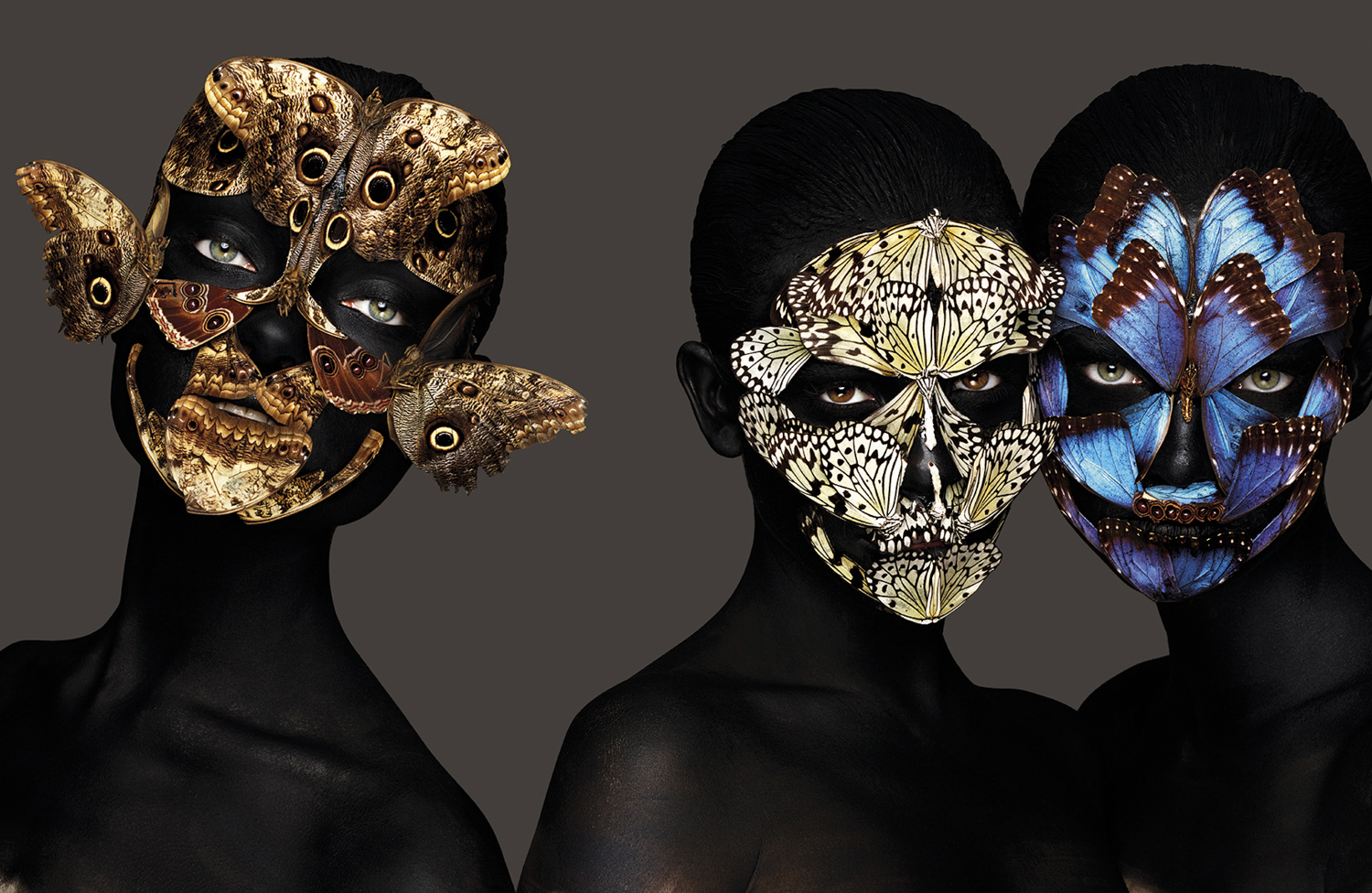
I think there’s been more change in the last five to 10 years in photography than there has in the last 150 years. I mean, what is your take on Instagram?
It’s been constructed to be specifically addictive, and the creators that use it to make money have created such a warped perception of the world that kids are really learning from. It’s dangerous, whilst also being incredibly good fun and quite exciting to use.
I’m not saying that all social media is entirely bad. People have more of a voice that they didn’t possibly have before, things can be seen and documented that haven’t been. But I don’t think at its heart it’s authentically trying to make the world a better place. If I had to really give you a really good, strong answer, it would be that that question is too big, because it’s so scary, the whole thing is.
Is that why you want to make a documentary about the digital gaze?
I want to understand and make sense of the digital revolution. You summed it up; more has happened in the last five years than has happened in the last five centuries. There are things that are happening to us that are having such a massive impact on us, both socially, culturally, personally, psychologically.
Using photography and documentaries, I’m trying to make sense of the world for myself, and help other people see what I see, but this is a tough one. And of course it feels a bit like, “What does he know, that old man?” But that’s my contrarian, you see. I just can’t help but ask, “Really, is this a good thing? Because it doesn’t feel good to me.”
If you could only use one camera and lens for the rest of your life, what would it be?
I don’t really buy into this camera stuff, and I’m sure that doesn’t go down very well. But I love photography and I love photographers, so there’s no hate coming from me at all. I’ve always had a theory which is, if you are any good at this game of photography you can take a photograph anywhere under any situation with any camera and it will come out as a good picture. I totally hold myself to that.
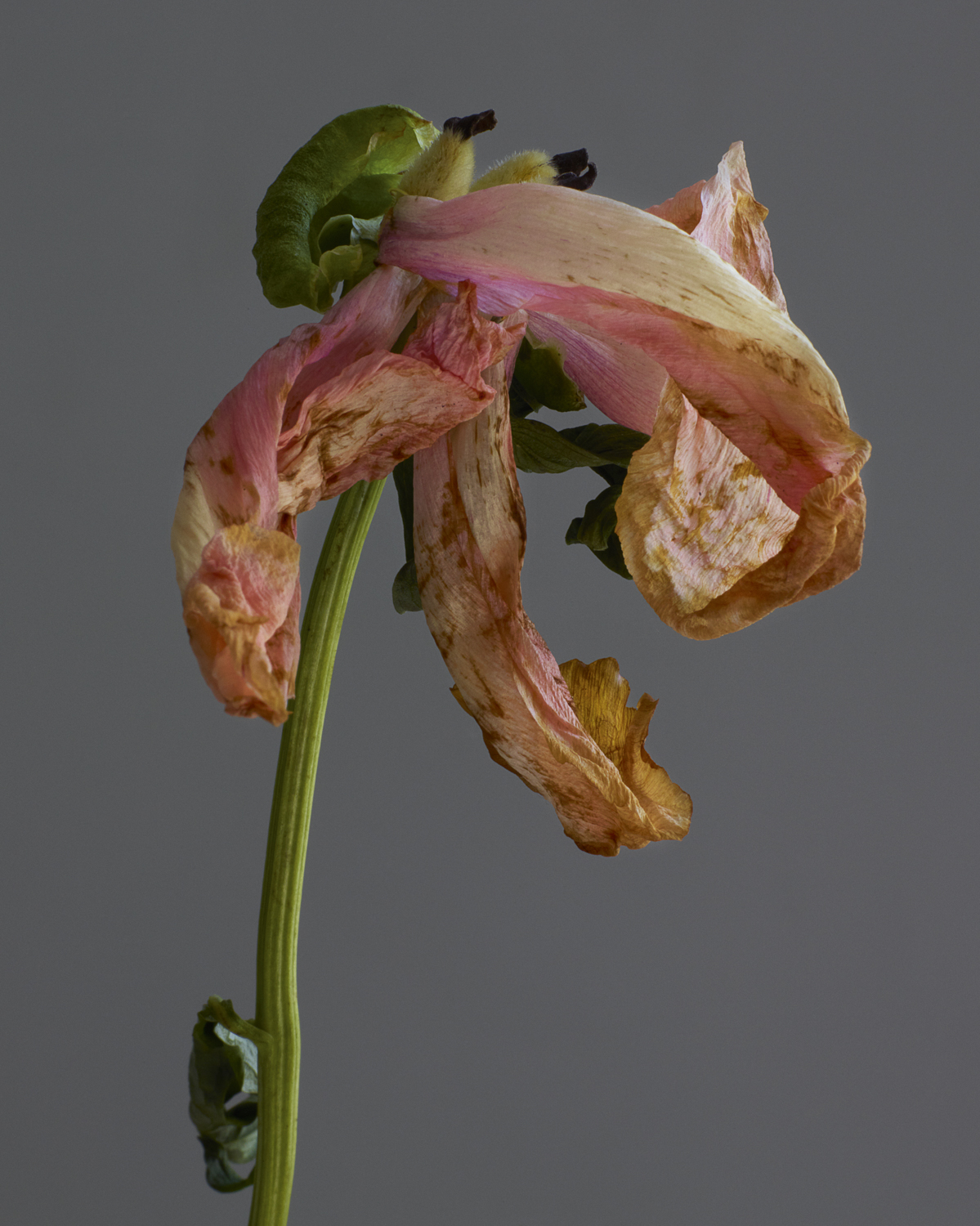
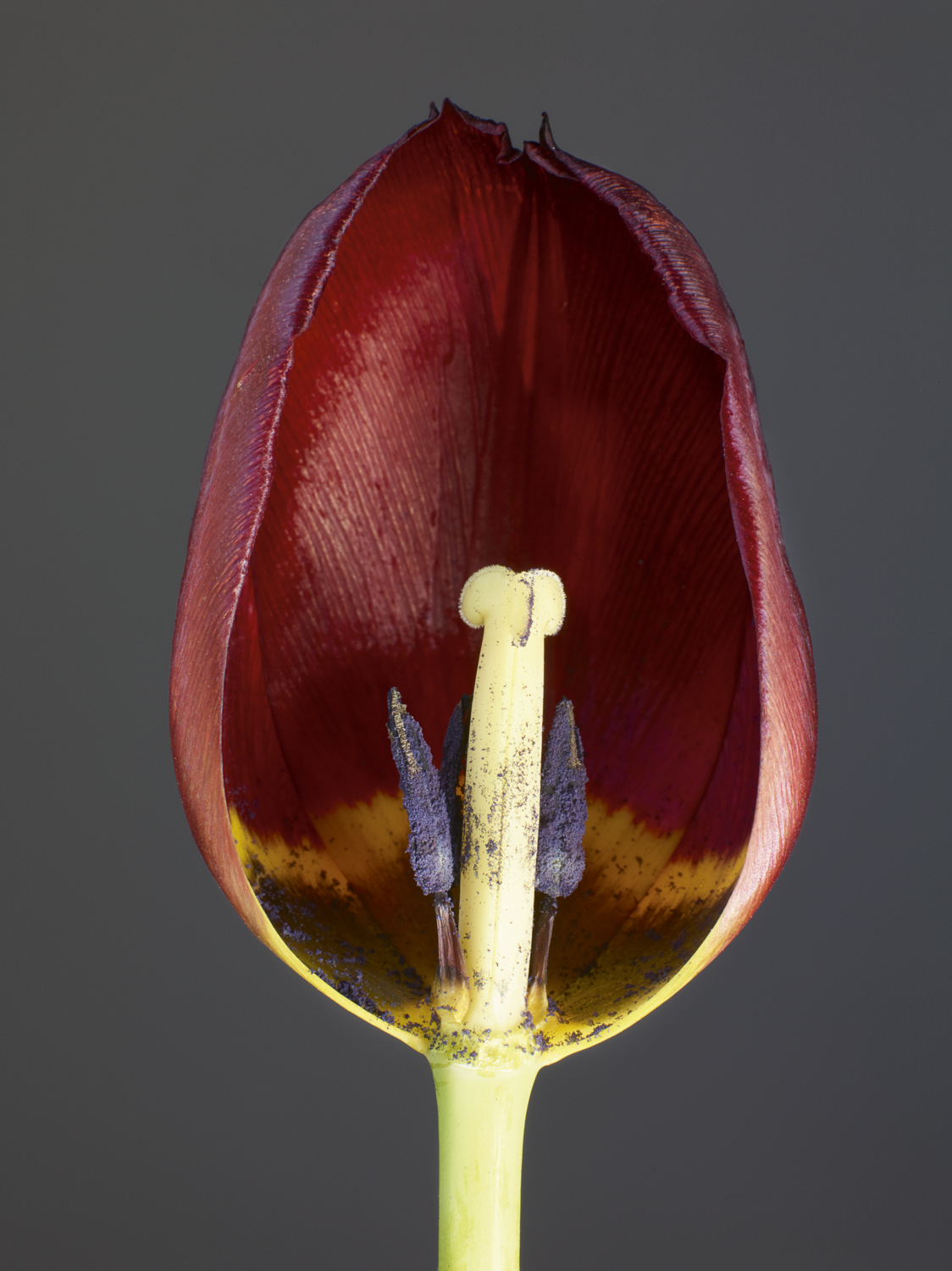
What has been the proudest moment of your career so far?
I used to think that one thing would happen and I would suddenly become successful, and I remember there’s a few things I’ve done where I go, “Oh, I’ve made it now. I’m there.” If you ever think you’ve made it, it’s a very fleeting feeling, for one, and also, it doesn’t work like that. There’s always something that’s going to knock you down, always. The reason I’m tough is because the real world is tough. We get knocked back all the time. It’s literally a constant struggle or fight.
And when people ask you what your best photo is…?
Most often I just say, “My next one”, because you have to be all about the next picture or the next commission. You’re not about the last picture, as you’ve done that and you know that’s going to stick. Like, I know my shoot with Lewis Hamilton yesterday was a good shoot. I know he walked away happy, the client walked away happy, and I walked away happy, and that’s the most that I can ask for. And hopefully one of those photos will go on to be iconic, and that’s what I strive for, but even if it doesn’t, that’s okay. I’ll get another go at it, sure, but that’s what I always push for. You’re only as good as the next one.
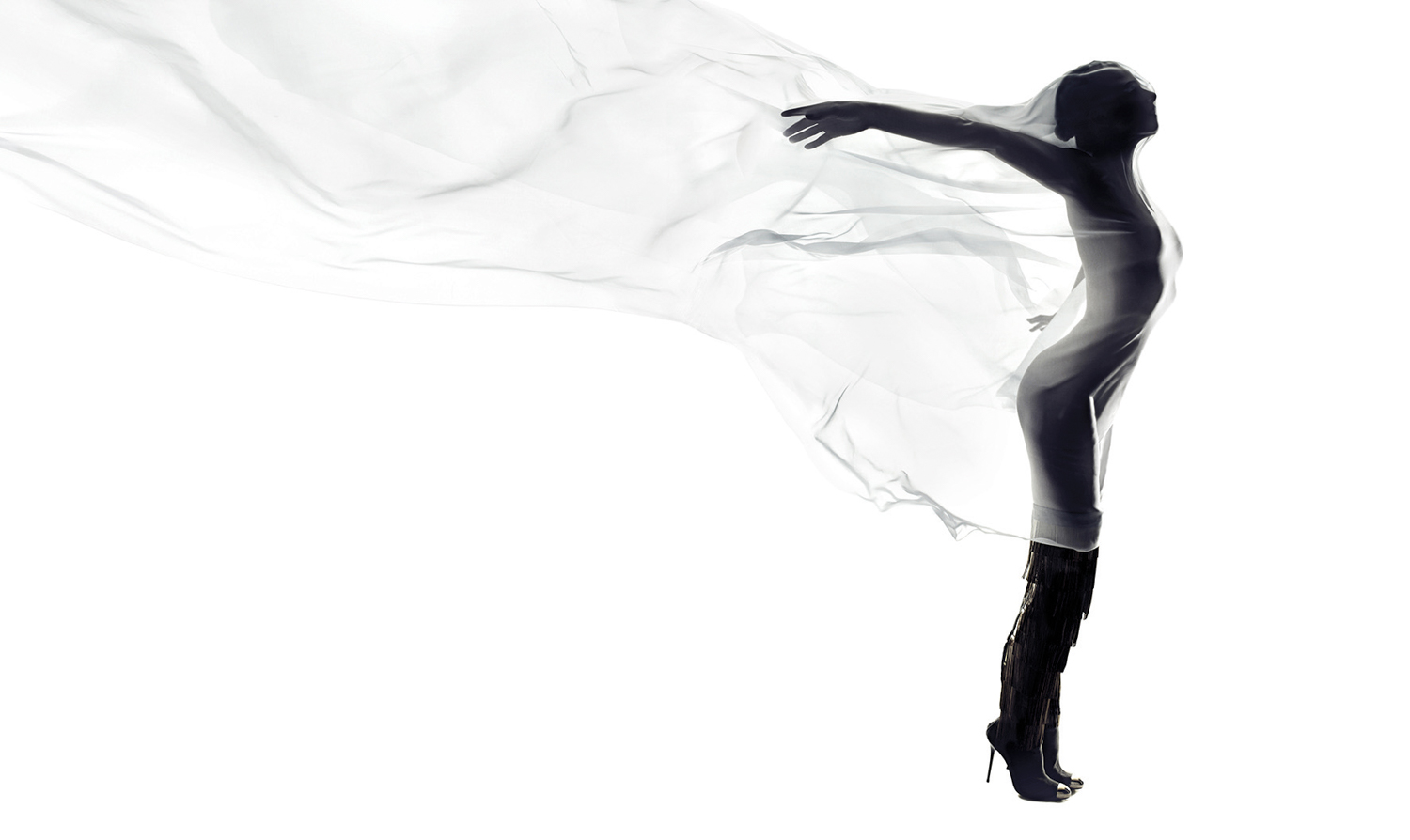
See Rankin talk at The Photography Show
19 & 20 September | 13:15 - 14:30
Fashion, film, philanthropy and flora
Though famed for his celebrity and fashion shots, Rankin is not one to stand still, continually instigating different creative projects. Join us as he explores his motivations and approaches, how he weaves everything together, and why he enjoys having so many different elements to his work
Book your ticket to The Photography Show here
Read more:
Photography tips
Top ways to use The Photography Show to boost your business
World-class Super Stage lineup revealed for The Photography Show
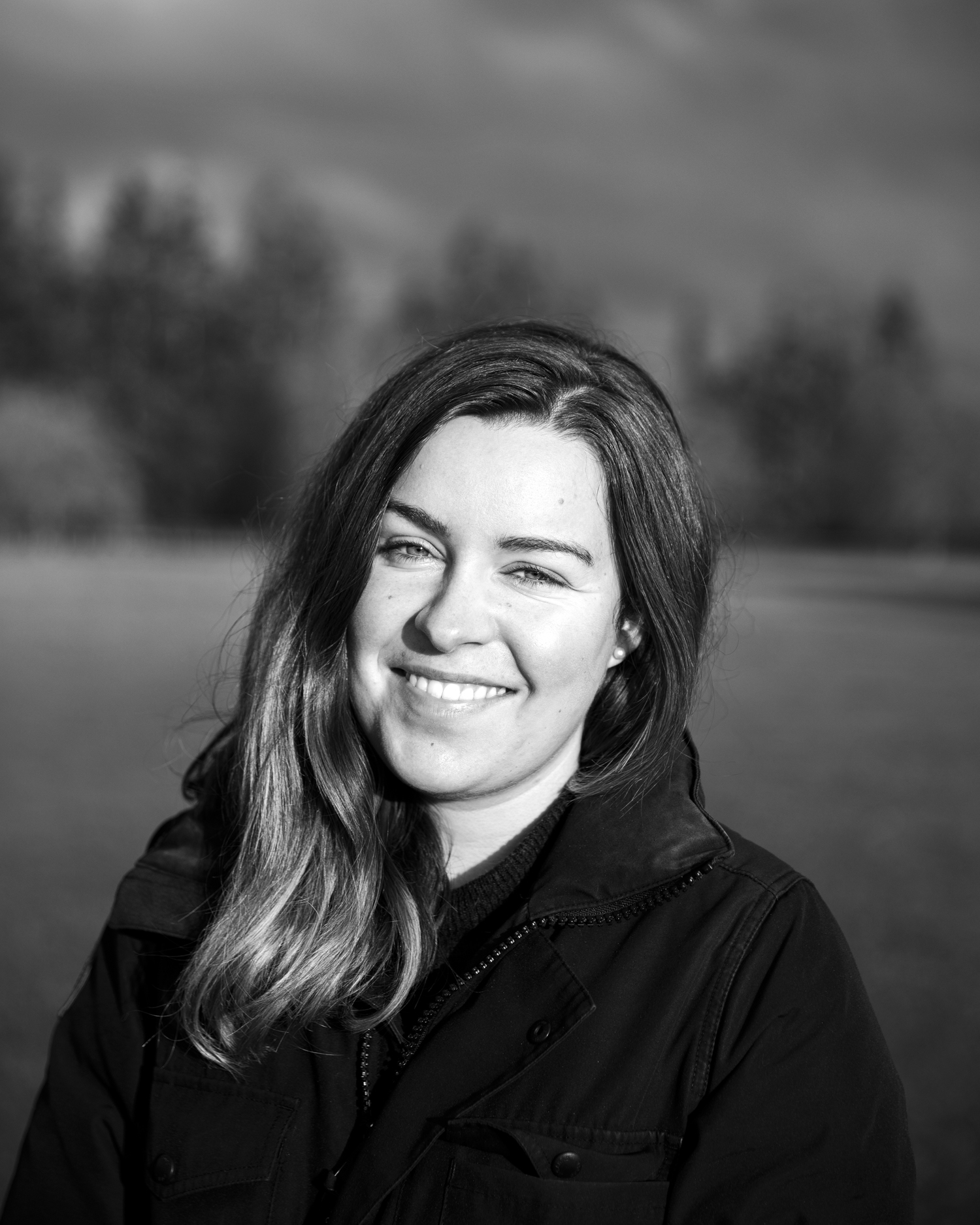
Lauren is a writer, reviewer, and photographer with ten years of experience in the camera industry. She's the former Managing Editor of Digital Camera World, and previously served as Editor of Digital Photographer magazine, Technique editor for PhotoPlus: The Canon Magazine, and Deputy Editor of our sister publication, Digital Camera Magazine. An experienced journalist and freelance photographer, Lauren also has bylines at Tech Radar, Space.com, Canon Europe, PCGamesN, T3, Stuff, and British Airways' in-flight magazine. When she's not testing gear for DCW, she's probably in the kitchen testing yet another new curry recipe or walking in the Cotswolds with her Flat-coated Retriever.
